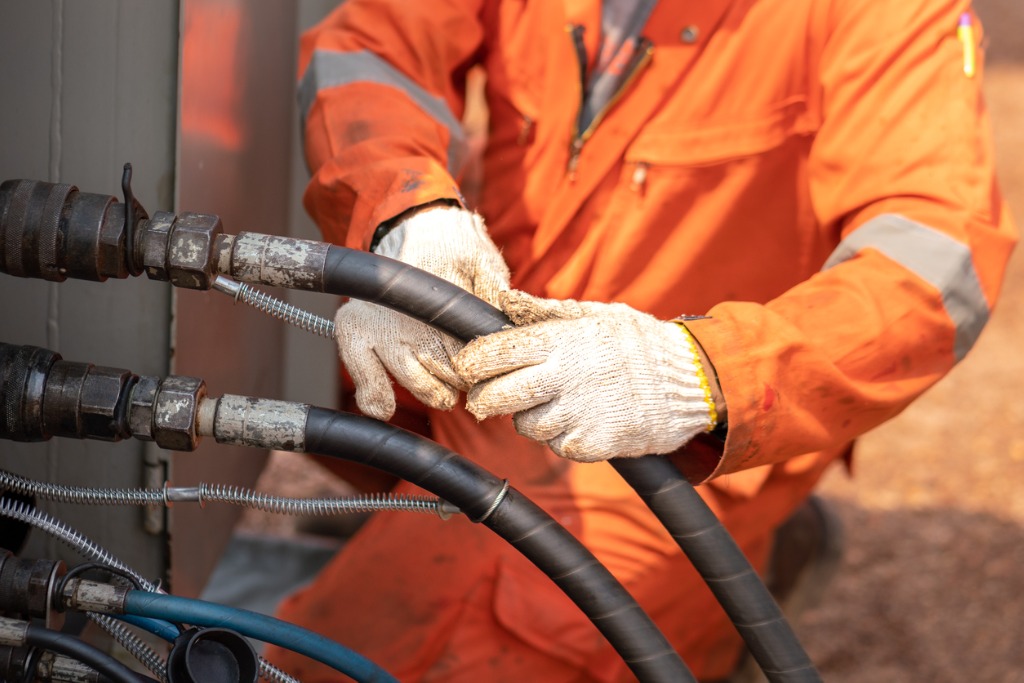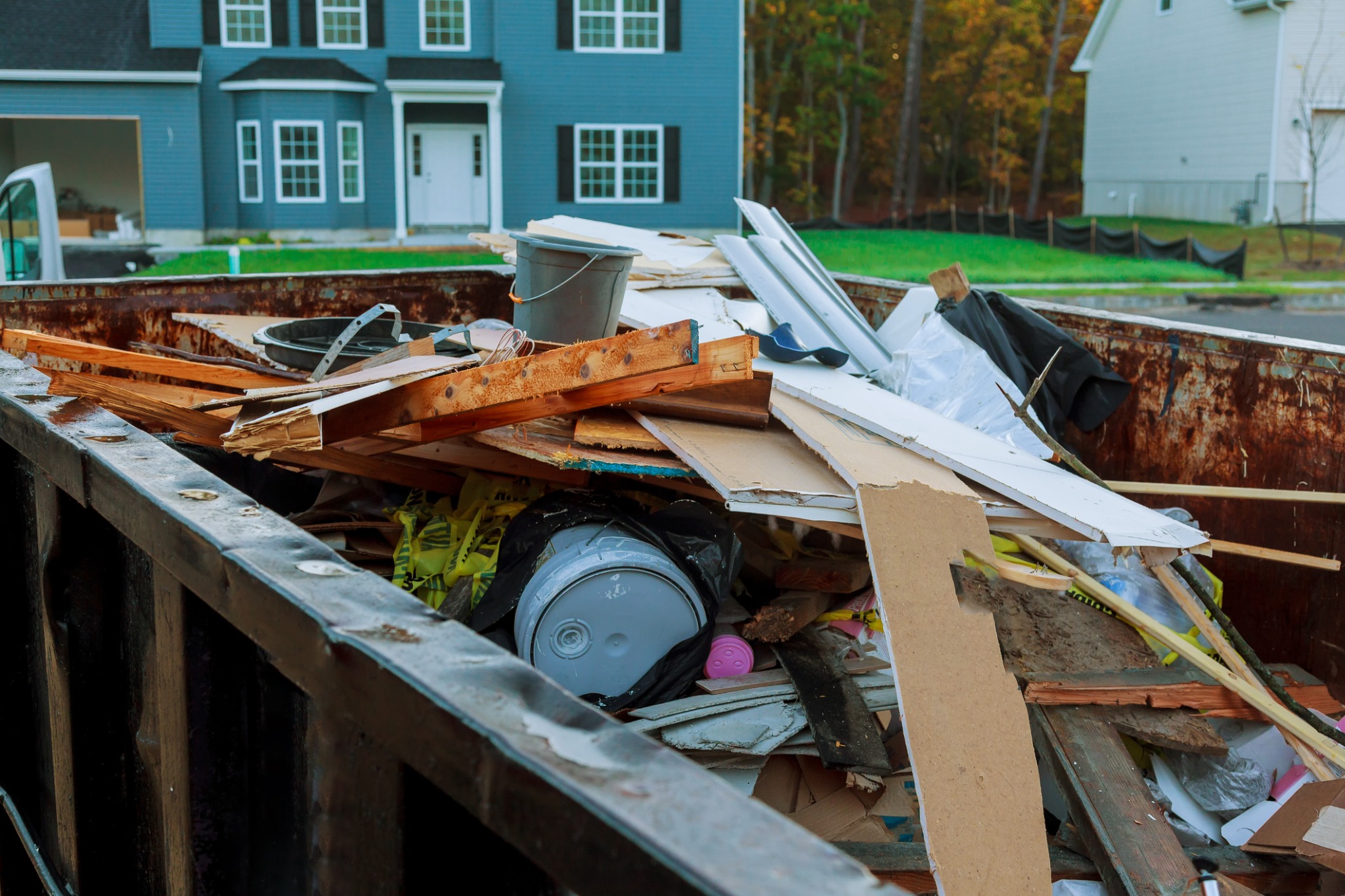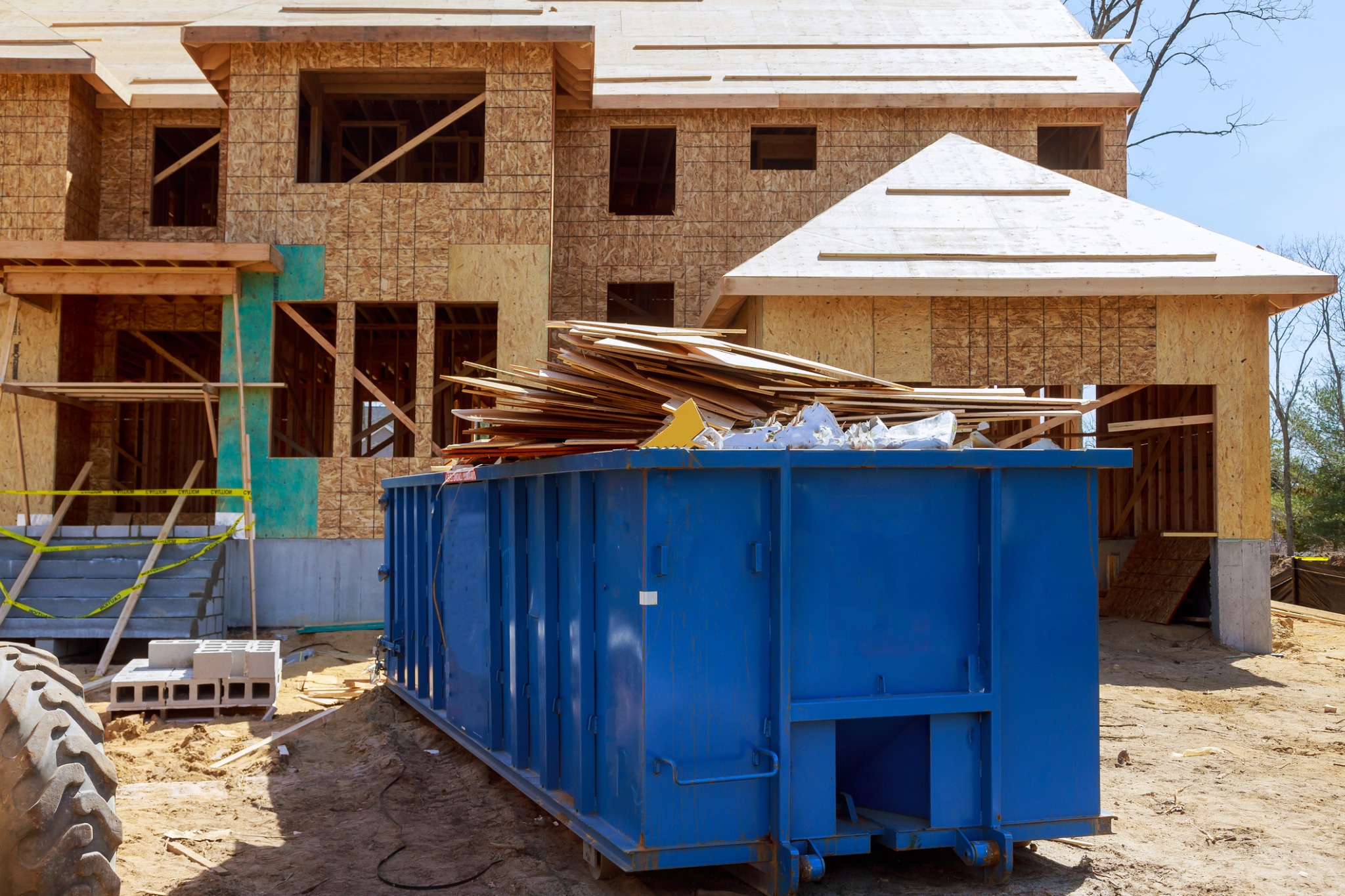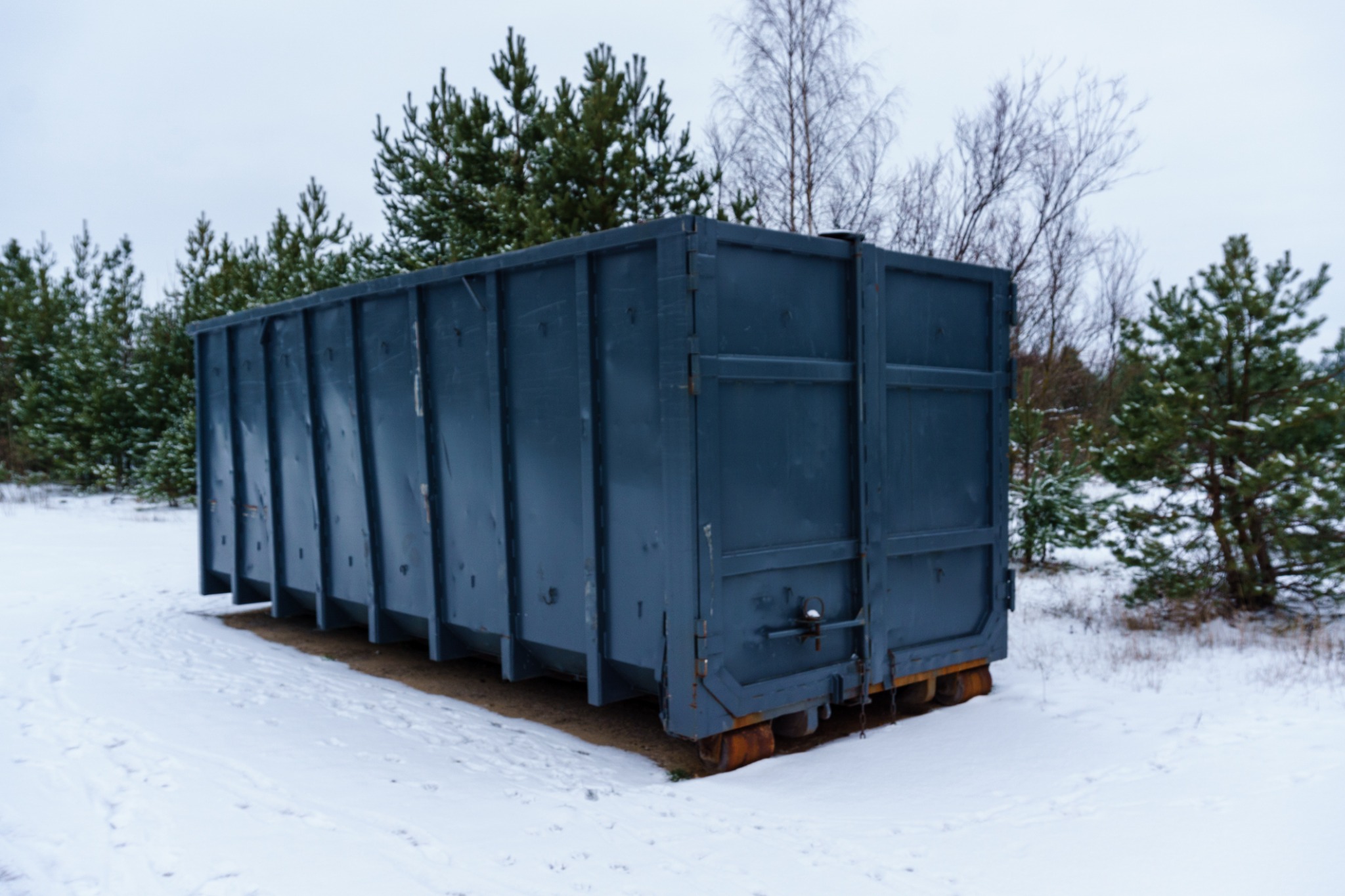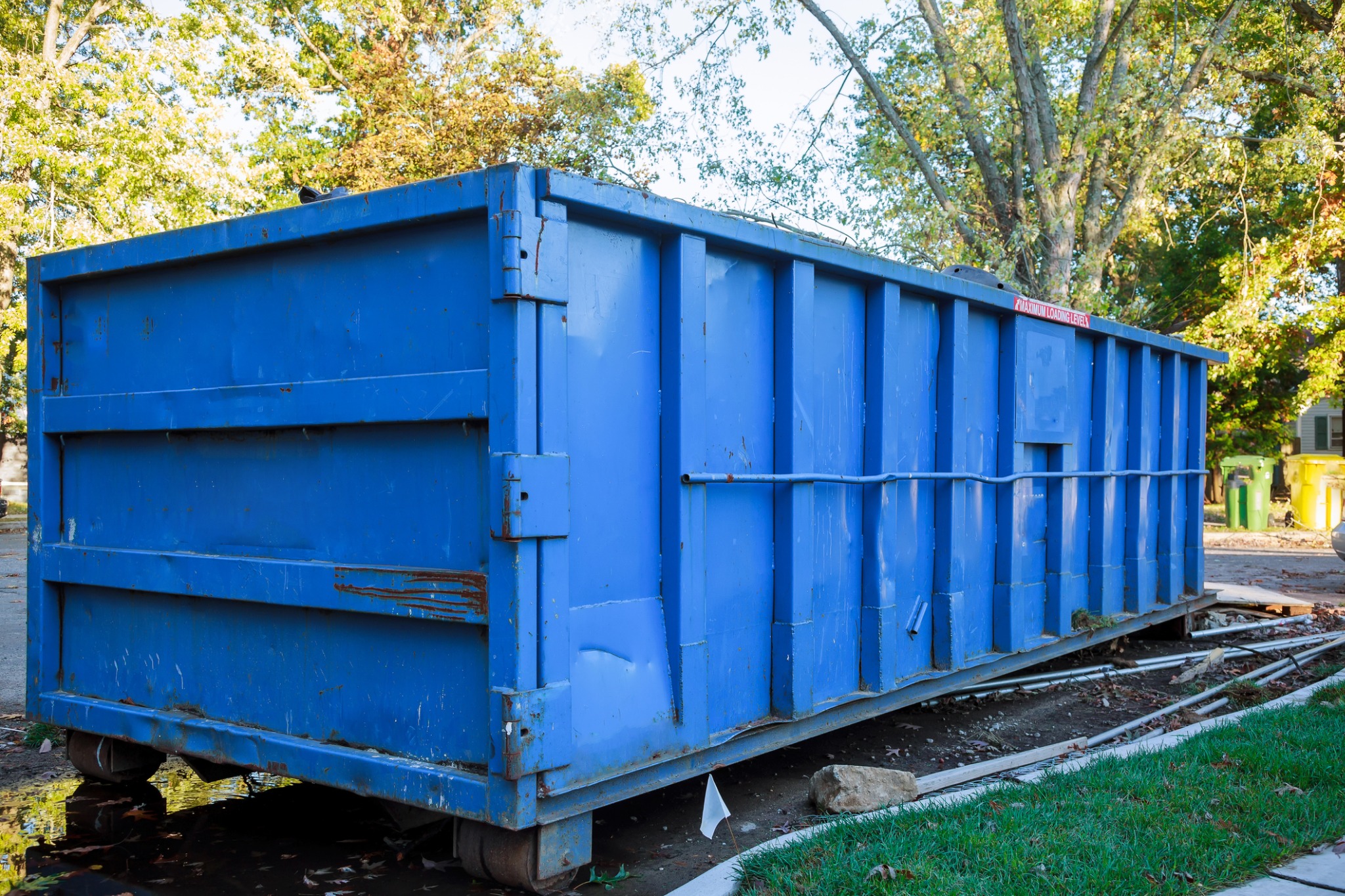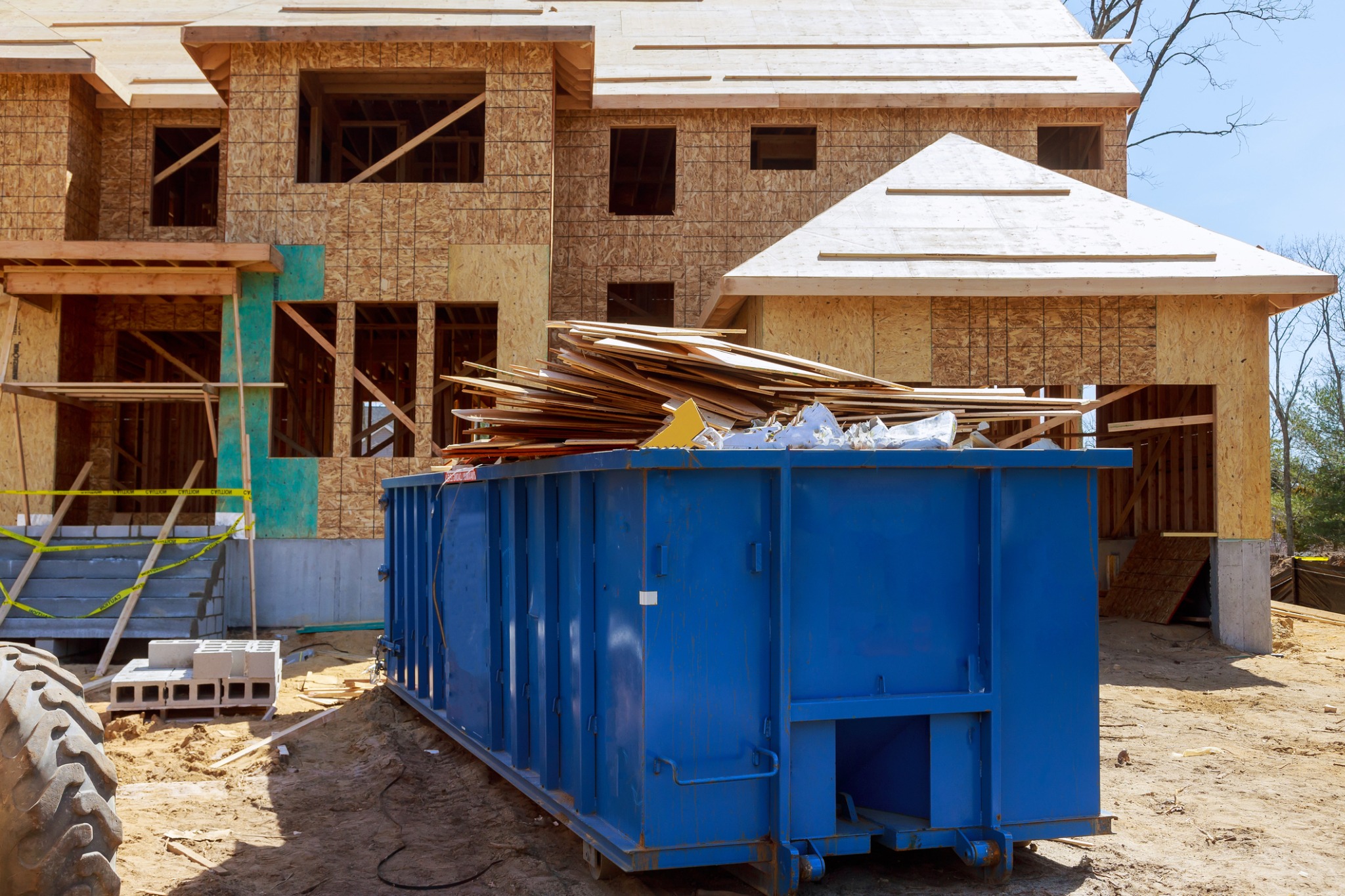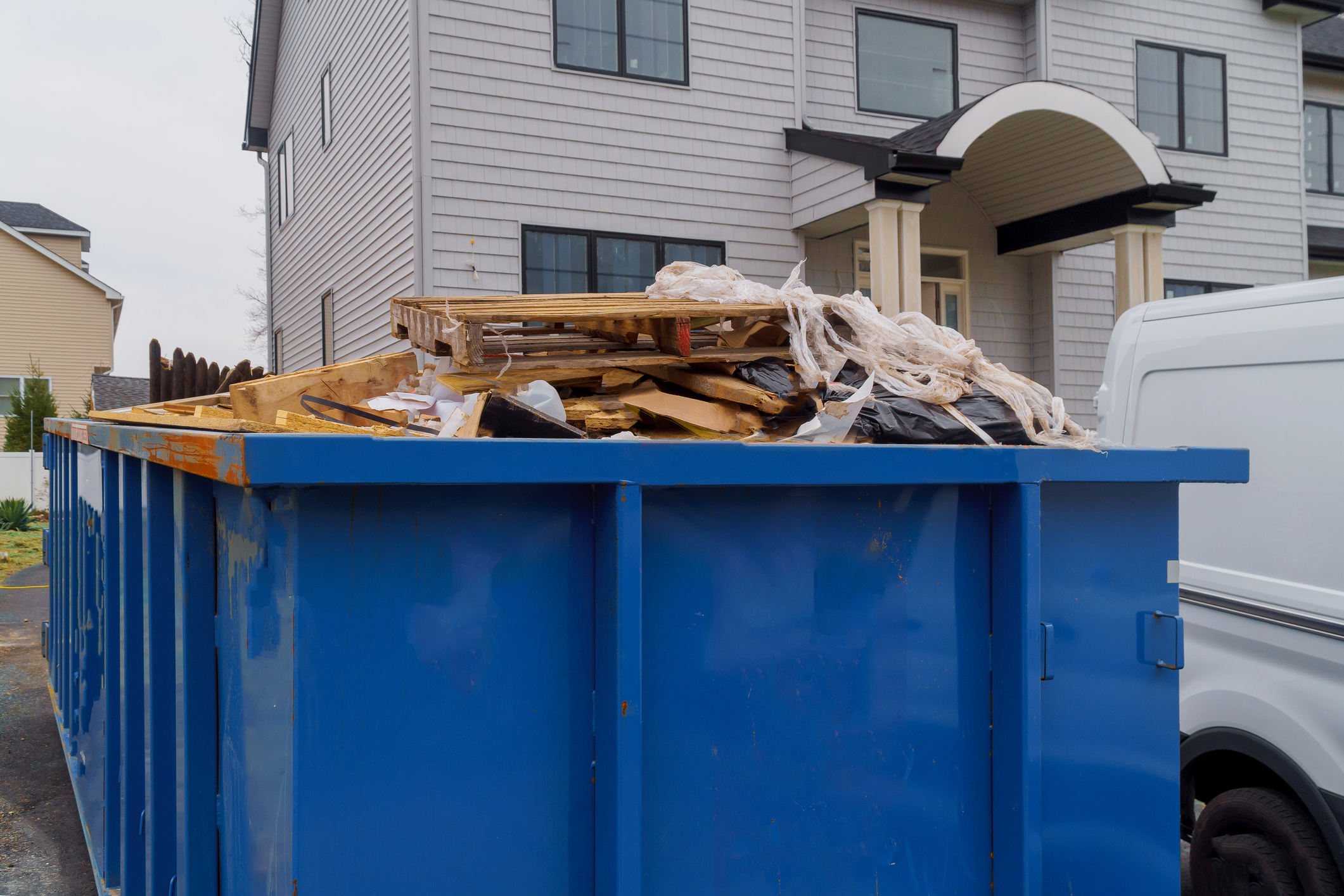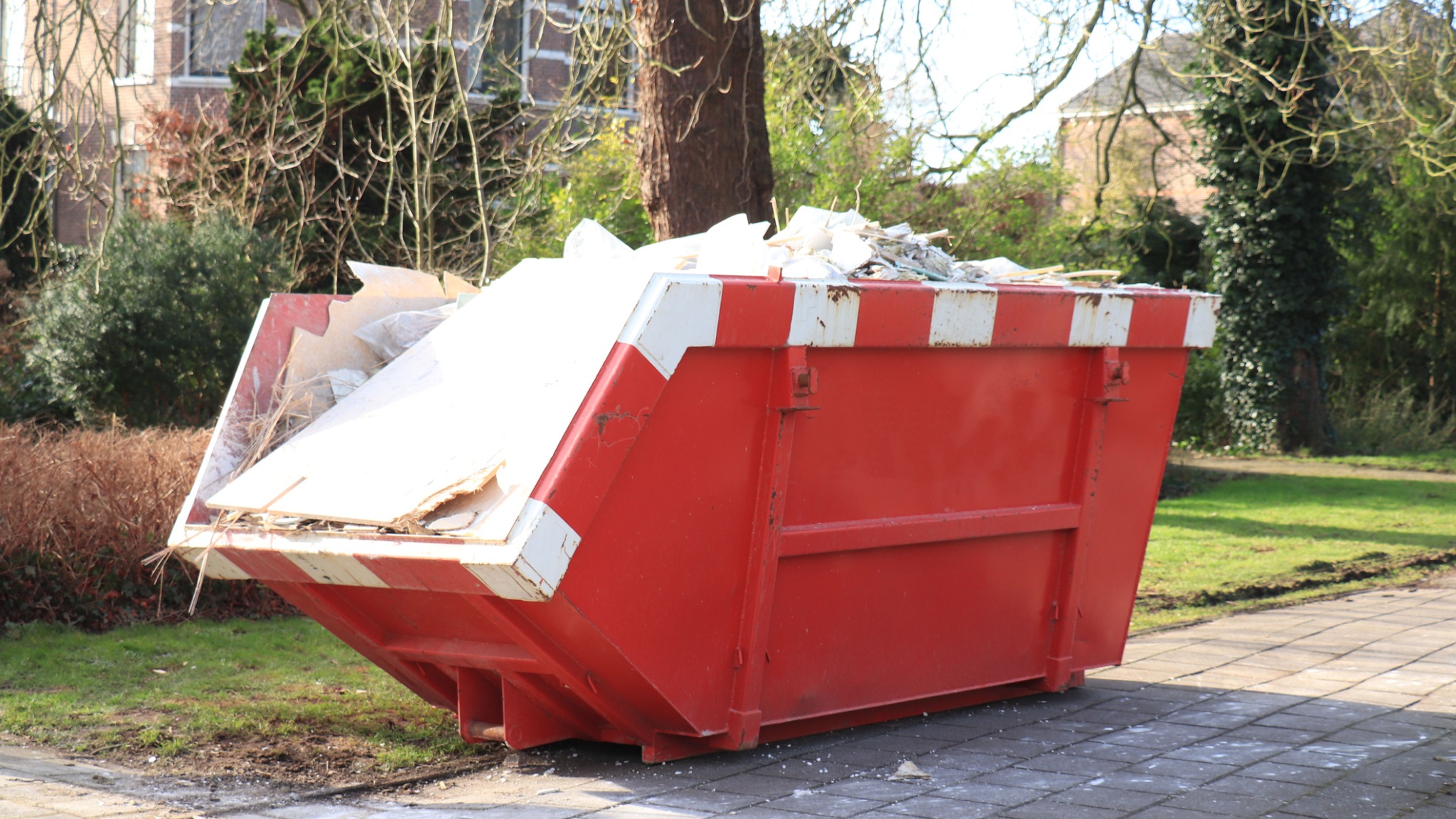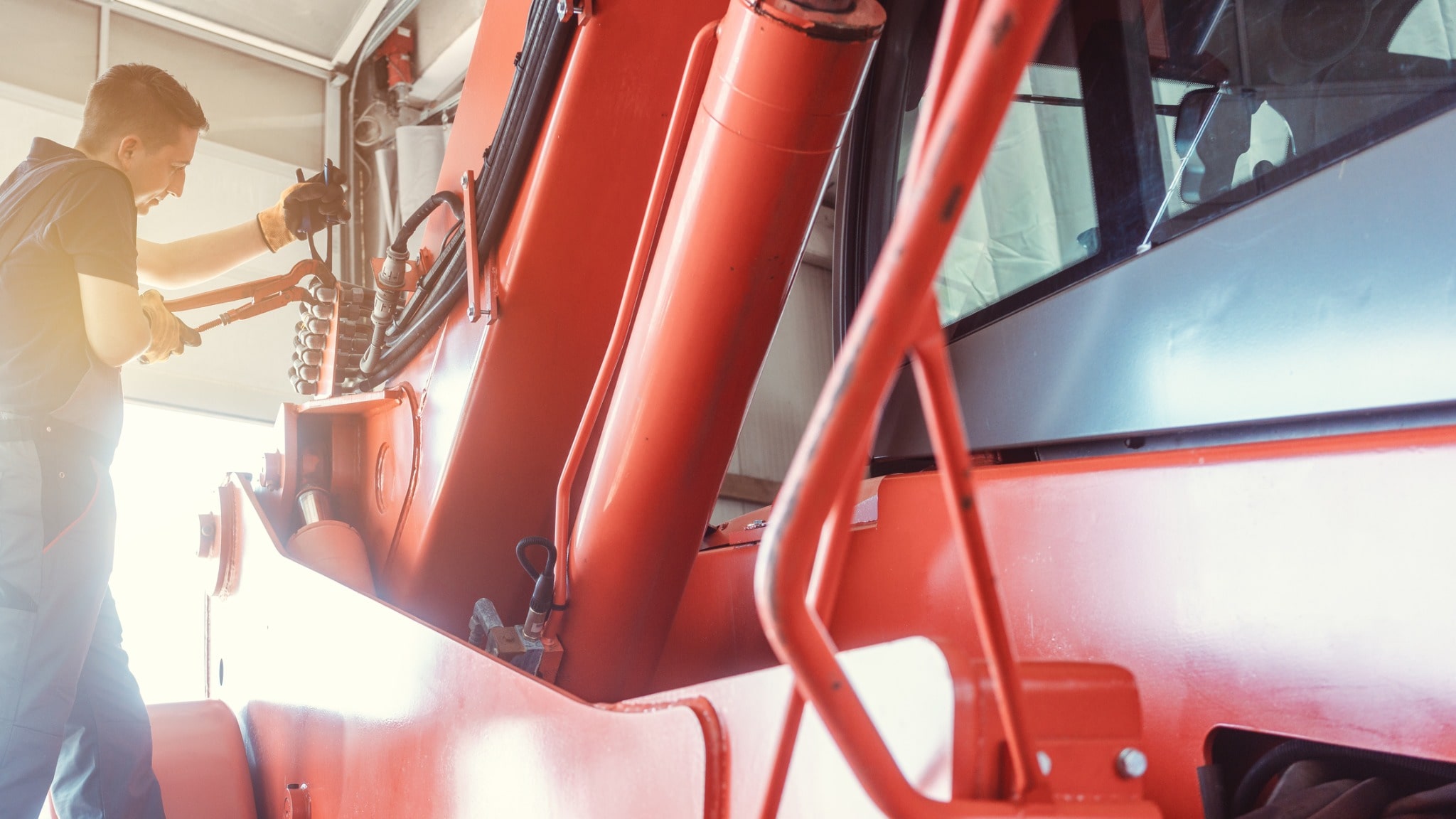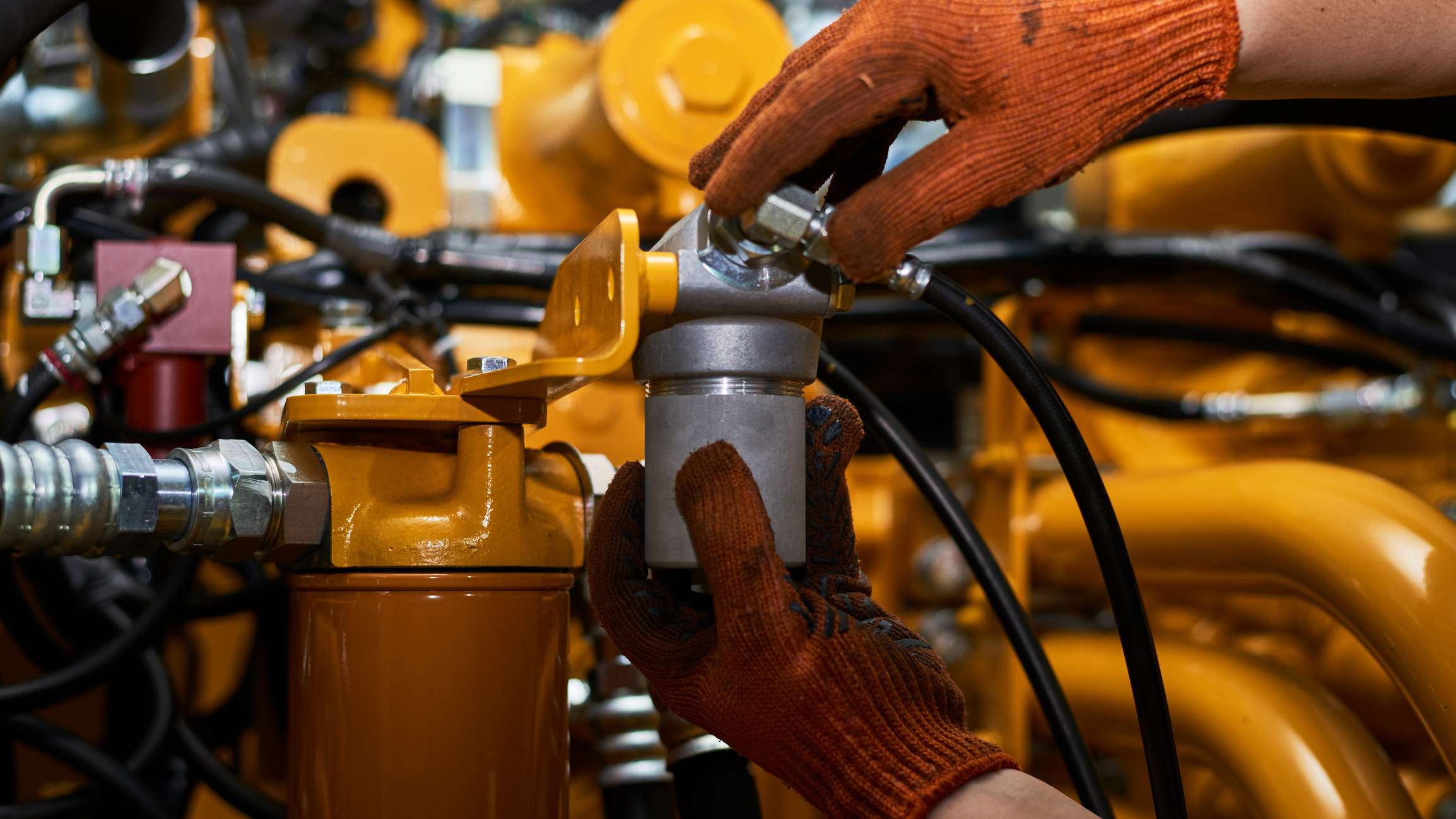If you use hydraulic equipment in Hudson, you know how important your hoses are. The hydraulic hose is the key to effective operations. In an effort to prevent breakdowns, you should know when your hose is about to fail and you have to repair your Hydraulic hose. Fortunately, there are a few obvious signs of trouble.
Why Early Detection Matters
You might not think there’s anything wrong with waiting for your hydraulic equipment to stop working before you call for a repair. However, at that point, it may be too late.Early detection of your hydraulic hose issue could save you time and money. Before your equipment stops working, you can call for a repair. After a quick fix, you could have your equipment back up and running. Meanwhile, failing to repair the hose early on may be a disaster. You might need a replacement part and have to wait weeks for a complete repair.The earlier you fix your hydraulic hose, the more time and money you save. But not all business owners know how to identify trouble with their hoses.
The Basics of Hydraulic Hoses
Before you learn how to identify the need for a hydraulic hose repair, you should know some of the basics of hydraulic hoses. The hose is part of your hydraulics equipment that makes everything possible. Thanks to the hose, fluid can travel throughout the machine. Typically, the hose is made of Teflon, synthetic rubber, or thermoplastic. These materials are durable enough to withstand use but flexible enough to move.To make the hose even stronger, the parts often have braided textile or fabric covers over the top of them. Extra reinforcement is one of the ways your hydraulic hoses are able to last for years. However, there’s still no guarantee your hoses will last. In fact, you can almost be certain your hoses will start to show signs of wear and tear after extensive use.
The Longevity of Hydraulic Hoses
If you have concerns about the longevity of your hoses, you should know there isn’t one length of time a hydraulic hose will last. The number varies based on your type of hose, the machinery, and the maintenance you provide. Other factors, like temperature and humidity, also play an essential role. In hot and humid environment, your hoses won’t last long.With that said, the average lifespan of a rubber hydraulic hose is anywhere from four to five years. At this point, the rubber begins to degrade. Poorly made hoses or ones with improper installation won’t even last that long.
When is it Time to Repair or Replace Your Hydraulic Hose?
As your hose begins to age, keep an eye out for the following:
Shelf Life of the Hose
Although it’s impossible to say the exact shelf life of your hose without looking at it, most rubber hoses have a maximum shelf life of ten years from the manufacture date. Therefore, you shouldn’t only consider the date you purchased
the equipment. If the hose sat in storage for a few months, that time counts towards the shelf life.The date of manufacture is on the lay-line of a hose. After you check the date, please write it down and store it for future use. The date doesn’t mean your hose will last that long, but it does show the maximum possible life.
Leaks
You might see leaks in your hose, and this is a sure sign that you need a repair. When you have a leak, you also have a break or crack in the line. In a new or recently repaired hose, the issue could be a faulty installation. Either way, you need a hydraulics repair before the problem worsens. You could be in dire need of a new hose and require hydraulic hose repair near me.
Kinks and Cracks
If you notice kinks or cracks in your hose, you should be ready for a repair. Kinks and cracks only get worse over time and only occur when a hose is in distress. Before you end up with a major repair on your hands, call your repair technician for assistance.
Rust
Sometimes, rust and other substances build up on your hoses. As soon as this happens, you need to be proactive. Rust is a sign that there’s a major issue. You shouldn’t hesitate to get a repair from a professional.However, white residue or another type of buildup is normal. Over time, the abuse your hoses take results in grime. You can limit the buildup by receiving regular maintenance. If there is an issue, your mechanic will notice it during their maintenance call.
Do You Need a Hydraulic Hose Repair?
No one likes a surprise repair. By ignoring the signs of hose repair, you make it more likely that you will be faced with a surprise repair. For the sake of your equipment and your business, you should always be on the lookout for signs your hoses are about to fail.In addition to detecting your issues early on, you should also rely on preventative maintenance to limit the need for repairs. Maintenance won’t keep your system from ever needing a repair, but it will help. Your hoses will stay in better shape and you might be able to last years without needing a hose repair or replacement.If this all seems overwhelming, don’t fret. You can call a seasoned professional and ask for guidance. During a routine inspection, your repair technician can identify any problems with your hoses or other components of your hydraulics equipment. You don’t need to be an expert on hydraulics to take care of your equipment.
Who to Call for Help
If you’re trying to save money on repairs and take care of your hydraulic hoses, call us at Elliott Hydraulics. We have an experienced team of professionals, and we’re all ready to help you. We know all the signs of trouble with hydraulic hoses and other parts of your machines. If you want us to look at your hydraulic hose in Hudson or anything else, give us a call today.

